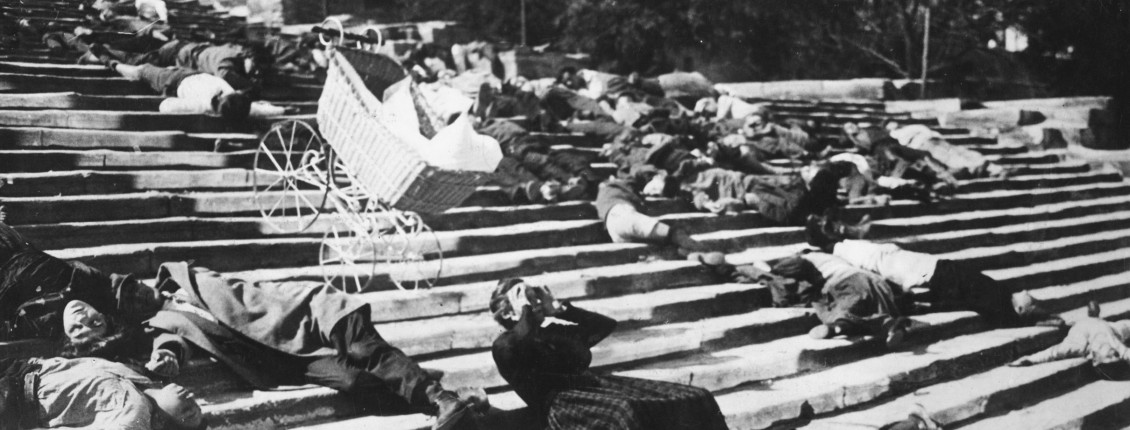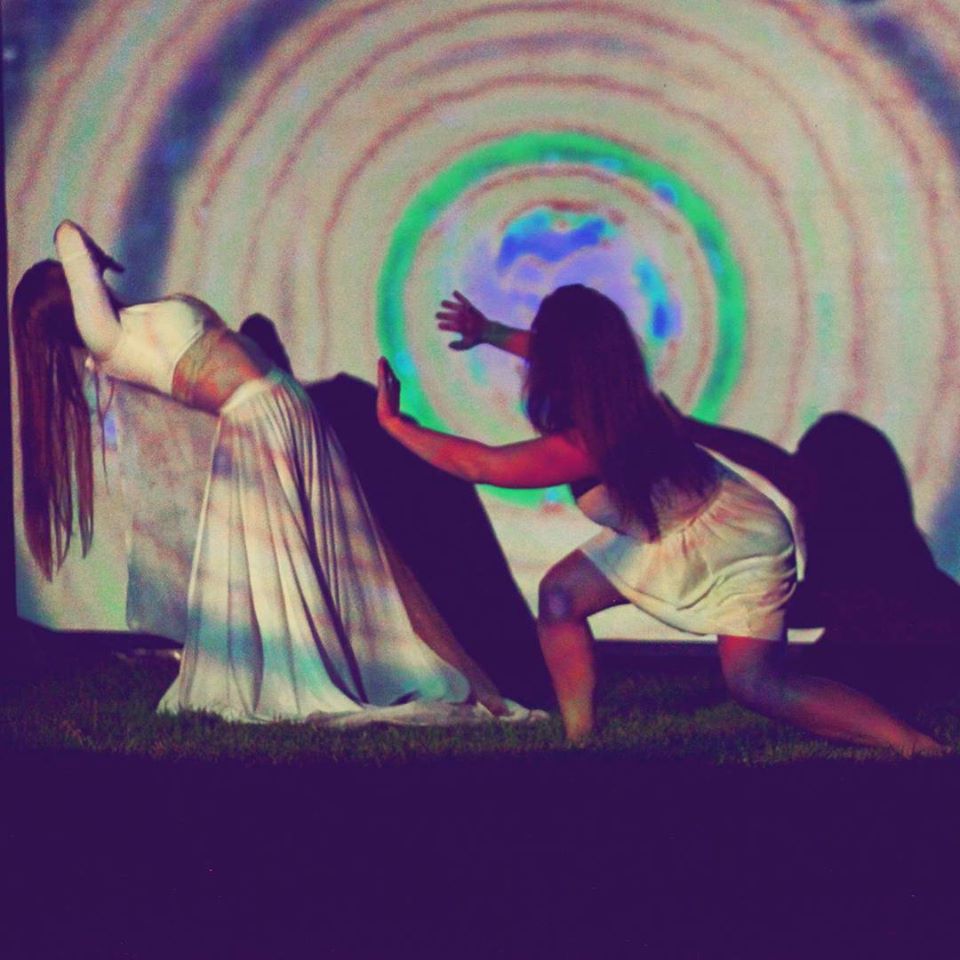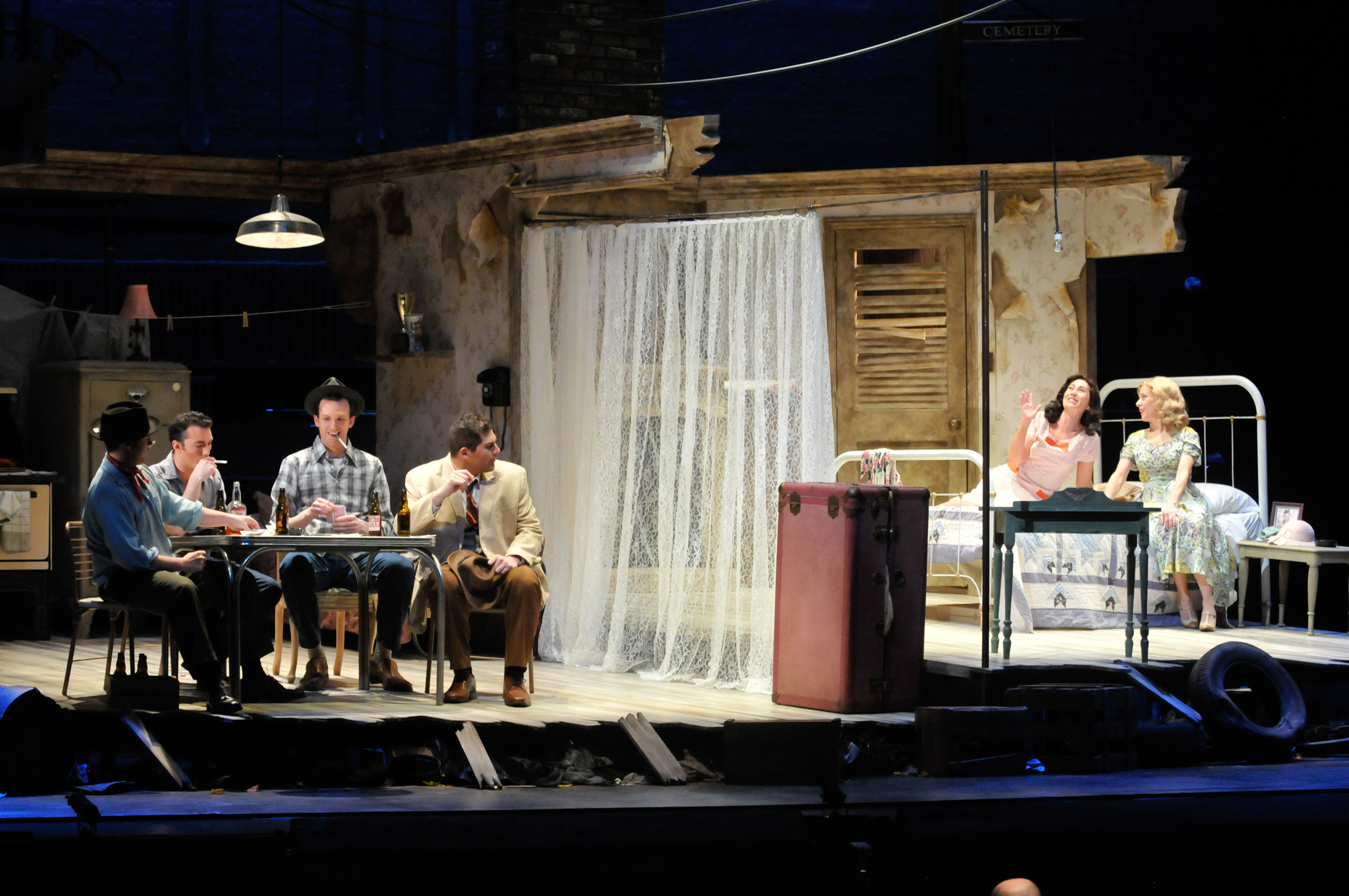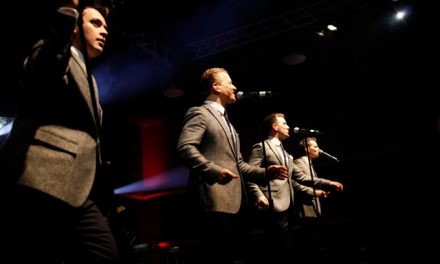Classical Film and Music
Les Utils du Jeu (“The Tools of the Game”): Debussey: Jeux
Battleship Potemkin: World-premiere score including works by J.S. Bach, Beethoven, Mendelssohn, Mahler, Debussy, Stravinsky and many others.
Louisville Orchestra
Teddy Abrams, conductor
Review by Kathi E. B. Ellis
Entire contents are copyright © 2017 Kathi E. B. Ellis. All rights reserved.
The last week in February this year has been a good week for new work in Louisville. Wednesday evening saw a complex and compelling world premiere, Human Abstract from the Louisville Ballet, Thursday was the public kick-off for the 41st Humana Festival of New American Play at Actors Theatre of Louisville. And Saturday evening the Louisville Orchestra brought a fascinating glimpse of the juxtaposition of music and film, with a new short documentary and a new montage score for an early film.
Introducing the program, LO executive director Andrew Kipe, Speed Museum Chief Executive Officer Ghislain d’Humières, and Kentucky Center for the Arts Kim Baker, spoke about the power of collaboration and the excitement around finding new ways of framing music both familiar and less well known.
The two pieces in the program were Jeux by Claude Debussy, accompanying Les Outils du Jeu (The Tools of the Game), a documentary by Dennis Scholl and Marlon Johnson, and Sergei Eisenstein’s 1925 Battleship Potemkin, with a wide variety of music curated by Nathan Farrington and Sebastian Chang.

Filmmakers Dennis Scholl and Marlon Johnson
The title of the Scholl-Johnson documentary is a clever play on the title for the Debussy score, and takes Louisville audiences deep into the production of the iconic Slugger baseball bats. Jeux was originally the score for a Nijinsky-choreographed ballet for Diaghilev’s Ballet Russes, in which he explored the relationship(s) between one young man and two young women, using the form of the tennis game as a loose metaphor for that exploration. Transposing tennis to baseball can be seen as a logical choice one hundred years on, especially for Louisville whose Hillerich & Bradsby manufacturing pre-dates the composition by several decades.
In his introductory remarks LO Music Director Teddy Abrams drew the audience’s attention to the complexity of Debussy’s composition; in a scant 18 minutes there are more than 60 tempo changes, a challenge for any orchestra in 1913, or since. Abrams also made clear that the documentary and the score both co-exist and exist separately, that they don’t “go” together but parallel, interweave, and comment on the other.
There are times when this works exceptionally well. The introductory nature shots of woods and animals amplify the deceptively limpid opening phrases of Debussy’s work. Of course we know that these powerful trees will become equally powerful, constructed “tools” for baseball players. The documentary skillfully juxtaposes images of timber workers from many periods, seguing from color, to black-and-white, and back again. This cinematographical choice is replicated towards the end as we view players from multiple decades train, receive their bats, argue with referees, hit and run, as the orchestra equally skillfully navigates the tempo changes under the baton of Abrams.
Where the documentary and score don’t have resonance for me is in the central section – the actual manufacturing of the bats (a fascinating process that I’ve observed during a Slugger Museum tour). In this section, neither the documentary nor the score gains more resonance from the other. Nonetheless, the overall experiment is fascinating and echoes practices from the early days of movie making, while creating an entirely contemporary experience for the audience.
Conversely, the curated musical excerpts for Battleship Potemkin evoke what it must have been like to view a silent movie with accompanying musical score. The first experience I had of this was while at university when Abel Gance’s revolutionary Napoleon was screened at a 19th century theatre with live piano music; an experience that opened up my appreciation of how to enjoy and connect with these early movies.
Farrington and Chang mined the library of the LO for copyright-free musical selections to accompany the iconic Eisenstein film. With more than twenty selections from sixteen composers spanning Romantic to contemporary music, they have created a dynamic and compelling musical accompaniment that is in lockstep with the emotional, and propagandistic, heft of the film.
Selections span Debussy’s La Mer which accompanies a brief respite of the pre-mutiny sailors sleeping in their bunks to Gustav Holst’s “Mars, Bringer of War,” from The Planets, Op. 32, that underscores the iconic Odessa Steps scene, among many other powerful choices. Equally effective are those moments when the silent documentary unspools in silence. A minor quibble is that sometimes it was awkward to read the English subtitles when they were superimposed on the Russian ones. It is to be hoped that this concert is not the only time that audiences will be able to enjoy this new iteration of Battleship Potemkin.
The juxtapositions between the musical selections were effective, mirroring both the brilliant cinematography and the emotional content of each sequence. And, frequently, the turn on the dime between composers reflected the kinds of switches that Abrams had identified in the earlier Debussy piece. In both selections of the evening, the orchestra was continuously and seamlessly navigating switches in tempo and style.
For audiences who enjoy adventurous music journeys, the LO is already selling its 2017-2018 season. It’s not too early to discover what new experiences wait.
Classical Film and Music
February 25, 2017
Louisville Orchestra
Kentucky Center for the Performing Arts
Whitney Hall
501 W. Main St
Louisville, KY 40202
louisvilleorchestra.org
Kathi E.B. Ellis is an associate member of the Stage Directors and Choreographers Society and a member of Lincoln Center and DirectorsLabChicago. She has attended the La MaMa Directing Symposium in Umbria, Italy and is featured in Southern Artisty, an online registry of outstanding southern artists. Her directing work has been recognized with nominations for South Florida theatre’s Carbonell Award. Locally, Kathi is a member of Looking for Lilith Theatre Company, a founding principal of StageLab theatre training studio, and part of ShoeString Productions, an informal producing collective. She has written book reviews and articles for Southern Theatre, the quarterly publication of the Southeastern Theatre Conference, and was a contributing writer for JCPS’ textbook for the 11th grade Arts and Humanities survey course and for YouthArts Tapestry, a Kentucky Arts Council publication.





